We're loading the full news article for you. This includes the article content, images, author information, and related articles.
Kenyans and African leaders are mourning the passing of former Prime Minister Raila Odinga, who died on Wednesday, October 15, 2025, in India. His death marks the end of an era for a political figure widely celebrated for his pivotal role in shaping Kenya's democratic landscape.

Kenya was plunged into mourning on Wednesday, October 15, 2025, following the death of former Prime Minister Raila Amolo Odinga at the age of 80. Odinga passed away in Koothattukulam, Kerala, India, where he had been receiving medical treatment, reportedly suffering a cardiac arrest during a morning walk. News of his demise sent shockwaves across the nation and the African continent, drawing an outpouring of condolences from world leaders, political allies, and citizens alike.
President William Ruto declared seven days of national mourning, with national flags flying at half-mast, and announced that Odinga would receive a state funeral. President Ruto eulogised Odinga as "the father of our democracy" and a "giant" of Kenyan politics, acknowledging his once-in-a-generation leadership. Former President Uhuru Kenyatta also paid tribute, describing Odinga as a man who compelled others to sharpen their ideas and defend their positions with rigour.
Raila Odinga's political career spanned over four decades, deeply intertwining with Kenya's struggle for democracy, justice, and inclusion. Born on January 7, 1945, in Maseno, he was the son of Jaramogi Oginga Odinga, Kenya's first Vice President and an architect of the independence movement. Educated in East Germany where he studied mechanical engineering, Odinga returned to Kenya in the early 1970s, initially teaching at the University of Nairobi before venturing into politics.
His rise to prominence began in the 1980s as a vocal activist against the one-party rule of President Daniel arap Moi. Odinga was detained without trial for six years after being accused of involvement in the failed 1982 coup attempt. This period of imprisonment cemented his reputation as a symbol of resistance and a foundational figure in Kenya's pro-democracy movement. After his release, he was rearrested twice before seeking refuge in Norway in 1991.
Upon his return to Kenya in 1992, following the reintroduction of multi-party democracy, Odinga was elected as the Member of Parliament for Lang'ata Constituency, a seat he held until 2013. He made his first presidential bid in 1997 under the National Development Party (NDP) ticket. In a significant political manoeuvre, he later merged the NDP with the ruling KANU party in 2001, serving as Minister for Energy under President Moi. However, he rebelled when Moi endorsed Uhuru Kenyatta as his successor in 2002, leading to the formation of the National Rainbow Coalition (NARC) which swept Mwai Kibaki to power.
Odinga's influence on Kenya's governance structures is undeniable. He played a crucial role in the drafting and enactment of the 2010 Constitution, a landmark achievement that curtailed executive power, enshrined a bill of rights, and introduced devolved government across 47 counties. This constitutional reform is widely regarded as one of his most significant institutional legacies.
As Prime Minister from 2008 to 2013, a position created through a power-sharing agreement with President Mwai Kibaki following the disputed 2007 elections and subsequent violence, Odinga focused on national reconciliation and governance reforms. During his tenure, he oversaw the implementation of Vision 2030, Kenya's long-term development blueprint, and coordinated investments in infrastructure projects such as the Mombasa-Nairobi highway expansion. He also championed anti-corruption measures, establishing the Ethics and Anti-Corruption Commission in 2009.
Tributes have poured in from across Africa and beyond, highlighting Odinga's impact. Ethiopian Prime Minister Abiy Ahmed, Djibouti's President Ismail Omar Guelleh, Zambian President Hakainde Hichilema, and South African President Cyril Ramaphosa all extended their condolences, recognising Odinga as a Pan-Africanist and a towering advocate for democracy. Mahmoud Ali Youssouf, Chairperson of the African Union Commission, lauded Odinga as a "steadfast champion of democracy, good governance, and people-centered development," whose work as AU High Representative for Infrastructure Development helped lay the foundations for the African Continental Free Trade Area (AfCFTA).
Locally, Martha Karua, a former Justice Minister and opposition leader, described Odinga's life as a testament to courage, endurance, and an unwavering commitment to justice and democracy. His supporters affectionately knew him as "Baba" (father), a testament to the personal devotion he inspired across Kenyan society.
Odinga's political journey was marked by five unsuccessful presidential bids, each often followed by allegations of electoral fraud and periods of political tension. The most defining and traumatic moment was the 2007 general election, where disputed results led to widespread violence, claiming over 1,000 lives and displacing hundreds of thousands. While his "handshakes" with political rivals, such as the 2018 agreement with President Uhuru Kenyatta, temporarily stabilised markets and boosted economic growth projections, systemic issues like ethnic bargaining and bureaucratic inefficiencies persisted.
His death leaves a void in Kenya's political landscape and broader African leadership circles. The question of who will step into his role as a unifying figure and a voice for democratic reform remains.
Despite his significant contributions, Odinga's career was not without controversy. Critics sometimes viewed him as a perpetual agitator whose populism occasionally destabilised markets and institutions. His alliances with former adversaries were also seen by some as a betrayal of his reformist roots. The 2021 court ruling that declared the Building Bridges Initiative (BBI), a task force he co-chaired with President Kenyatta, unconstitutional, highlighted the complexities of constitutional re-engineering and his mixed legacy as both a reformer and a political tactician.
Raila Odinga passed away on Wednesday, October 15, 2025. His body is currently being prepared for repatriation to Kenya, with India offering to facilitate the process. A state funeral will be held, and the nation will observe seven days of mourning.
The immediate focus will be on the funeral arrangements and the national mourning period. Beyond that, observers will be keen to see how the political landscape in Kenya evolves in the absence of such a dominant figure. The Orange Democratic Movement (ODM), the party he founded in 2005 and led until his death, faces the challenge of navigating a future without its charismatic leader. The impact on regional and continental diplomacy, where Odinga was an active proponent of integration and development, will also be closely watched.
Further analysis on Raila Odinga's contributions to multi-party democracy, his role in the 2007 post-election violence resolution, and his efforts towards continental integration through the African Union will provide deeper insights into his enduring legacy.
Keep the conversation in one place—threads here stay linked to the story and in the forums.
Sign in to start a discussion
Start a conversation about this story and keep it linked here.
Other hot threads
E-sports and Gaming Community in Kenya
Active 9 months ago
The Role of Technology in Modern Agriculture (AgriTech)
Active 9 months ago
Popular Recreational Activities Across Counties
Active 9 months ago
Investing in Youth Sports Development Programs
Active 9 months ago
Key figures and persons of interest featured in this article

President of Zambia
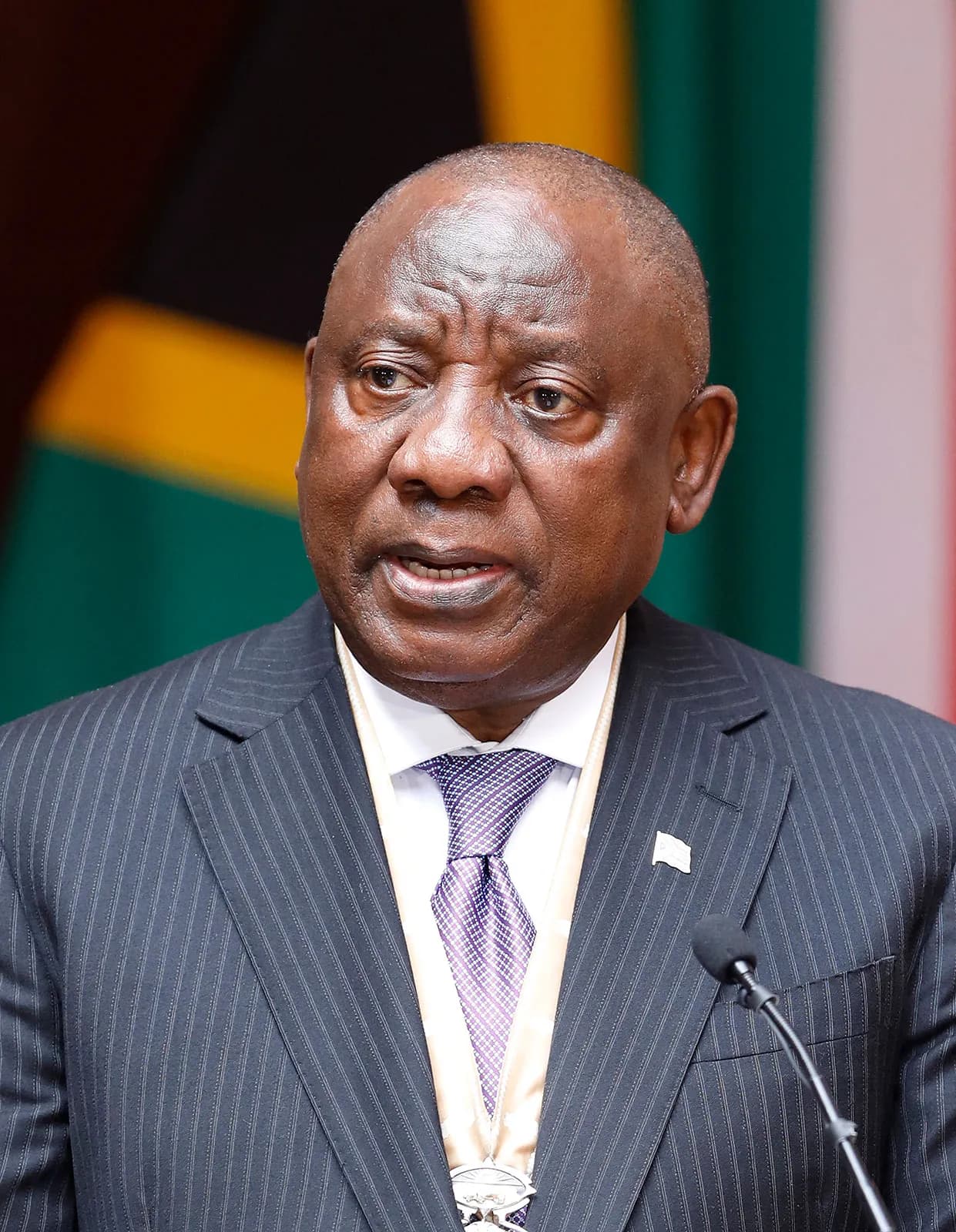
President of South Africa
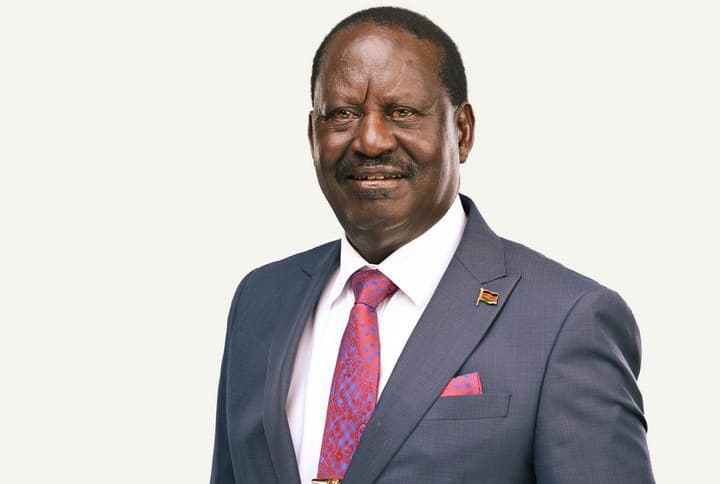
Leader of the Opposition
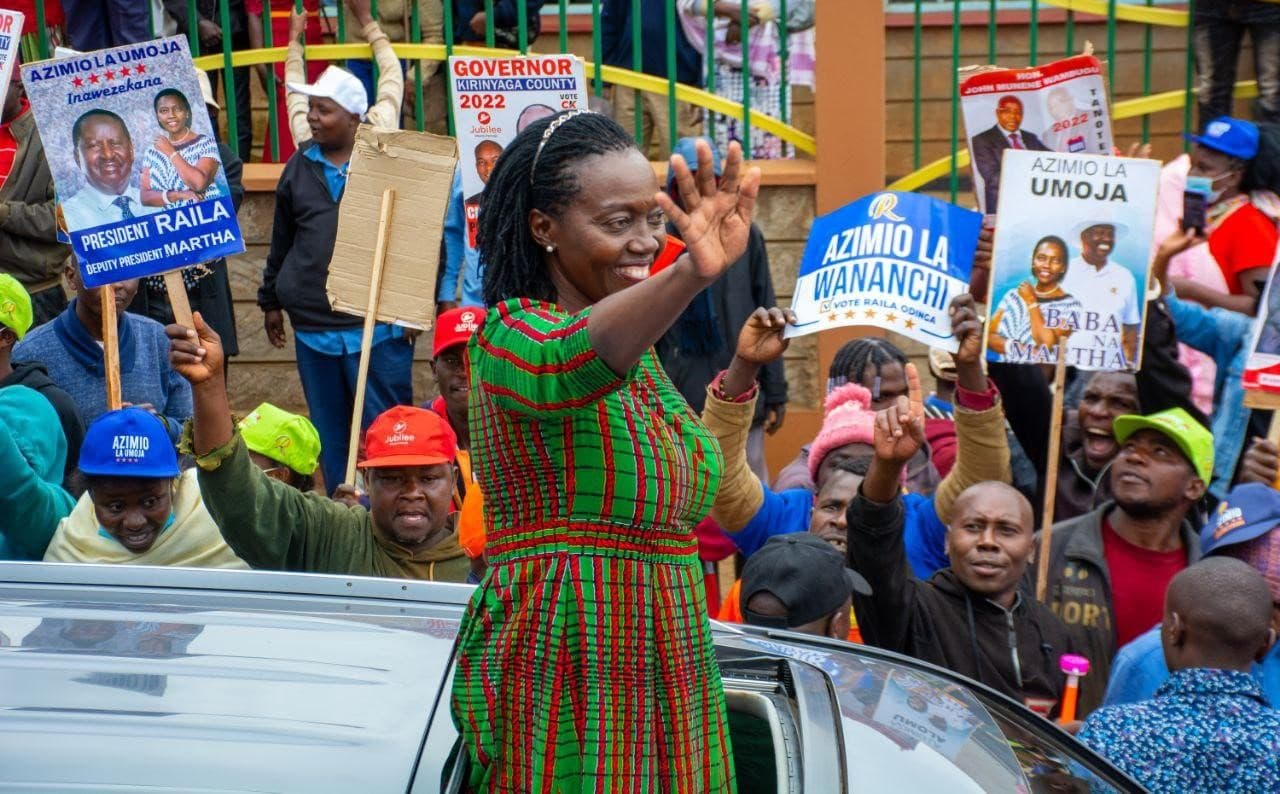
Party Leader, NARC-Kenya
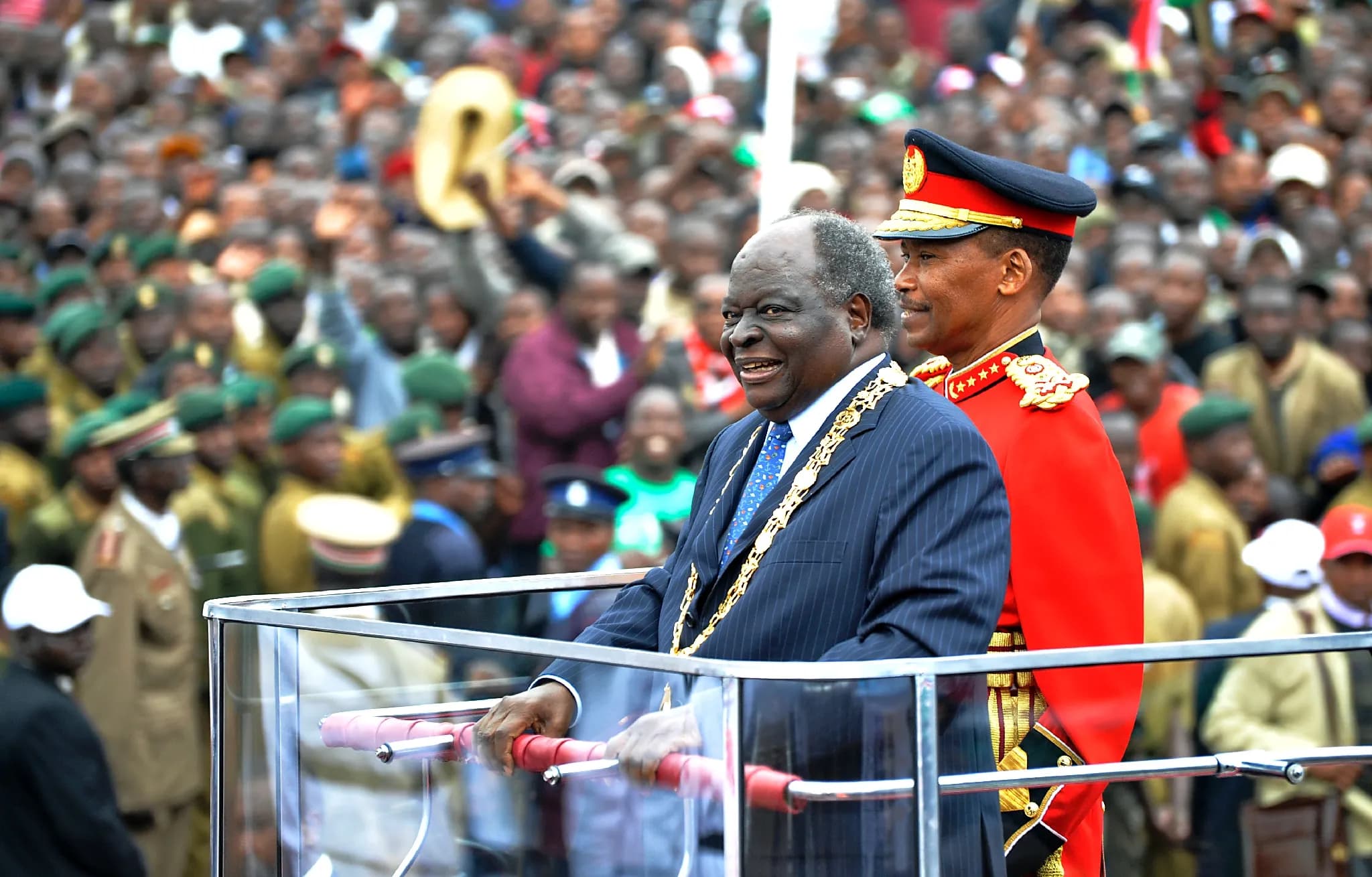
3rd President of Kenya (2002–2013)
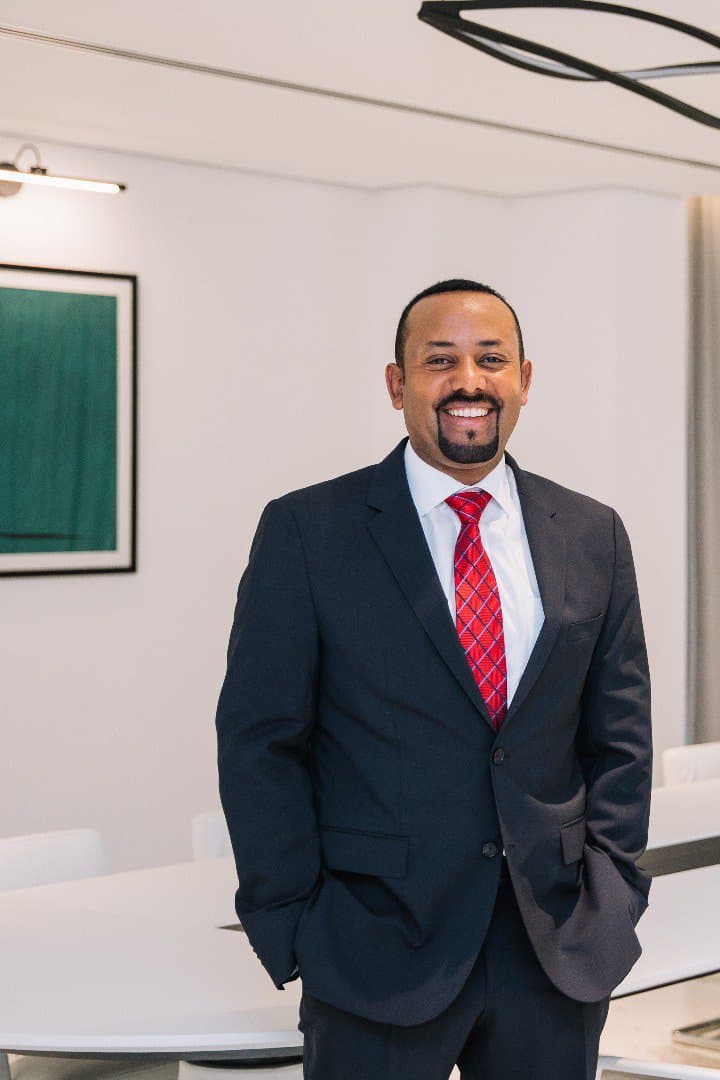
Prime Minister of Ethiopia